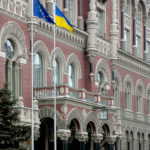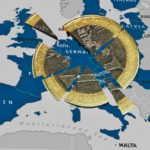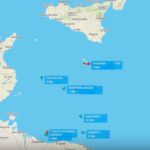American dreams about energy independence may never come true. After a continuing decrease in the shale oil production, also the shale gas output has reached its peak and started to fall. As shale oil and gas make up half of the total United States oil and gas production and the rig count remains historically low, the American energy independence is shrinking and hopes for American LNG supply to Europe are disappearing into thin air. The US continues to be a net importer of energy resources and this is not going to change.
Dreams about the American energy autonomy are far from being abandoned, though. The shale revolution enthusiasm was shared even by top politicians, like Hillary Clinton, who claimed that the US had achieved energy independence, even if it was obviously not true.Gas autonomy seemed to be more achievable that of oil and 2016 was slated to be the first year when the US would export more gas than import. Continue reading




















